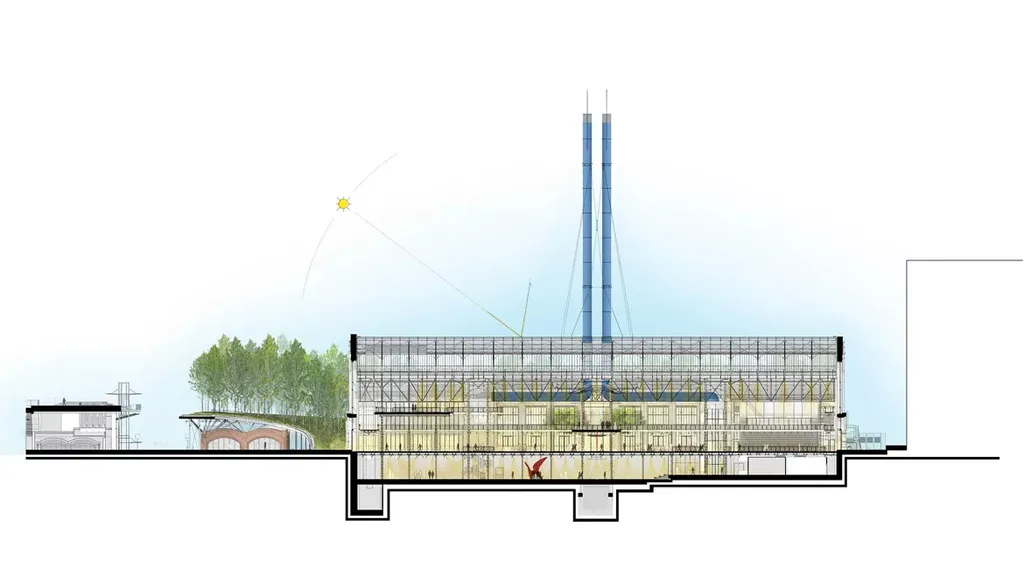In the quest to optimize energy consumption in water supply systems, a groundbreaking study led by Vladimir Orlov from the National Research Moscow State University of Civil Engineering has shed light on innovative approaches to pipeline renovation. Published in the International Journal for Computational Civil and Structural Engineering, the research delves into the causes of increased energy consumption in pressure pipeline networks and explores automated methods to mitigate these issues.
Orlov and his team focused on the energy-saving potential of trenchless repair technologies for dilapidated pipelines. By employing mathematical modeling and automated analysis, they evaluated various repair methods, including the application of flexible polymer sleeves, multilayer hoses, polyethylene pipes, and sprayed protective coatings. Additionally, they considered the insertion of unplasticized polyvinyl chloride (uPVC) pipes into existing pipelines.
One of the key findings highlights the significant role of information technologies in planning and optimizing pipeline renovation projects. “Our study demonstrates that by leveraging advanced computational tools, we can identify the most energy-efficient repair options and reduce overall energy consumption during water transportation,” Orlov explained. This is particularly relevant for both surface and underground pipelines, where temperature factors play a crucial role in energy efficiency.
The research underscores the commercial implications for the energy sector, as optimizing pipeline performance can lead to substantial cost savings and reduced environmental impact. By adopting these innovative repair technologies and utilizing automated analysis, water supply systems can achieve greater efficiency and sustainability.
As the energy sector continues to evolve, this study paves the way for future developments in pipeline renovation and energy management. The integration of advanced technologies and computational modeling offers a promising path toward more efficient and environmentally friendly water supply systems. With the insights provided by Orlov’s research, industry professionals can make informed decisions that will shape the future of pipeline infrastructure and energy consumption.

